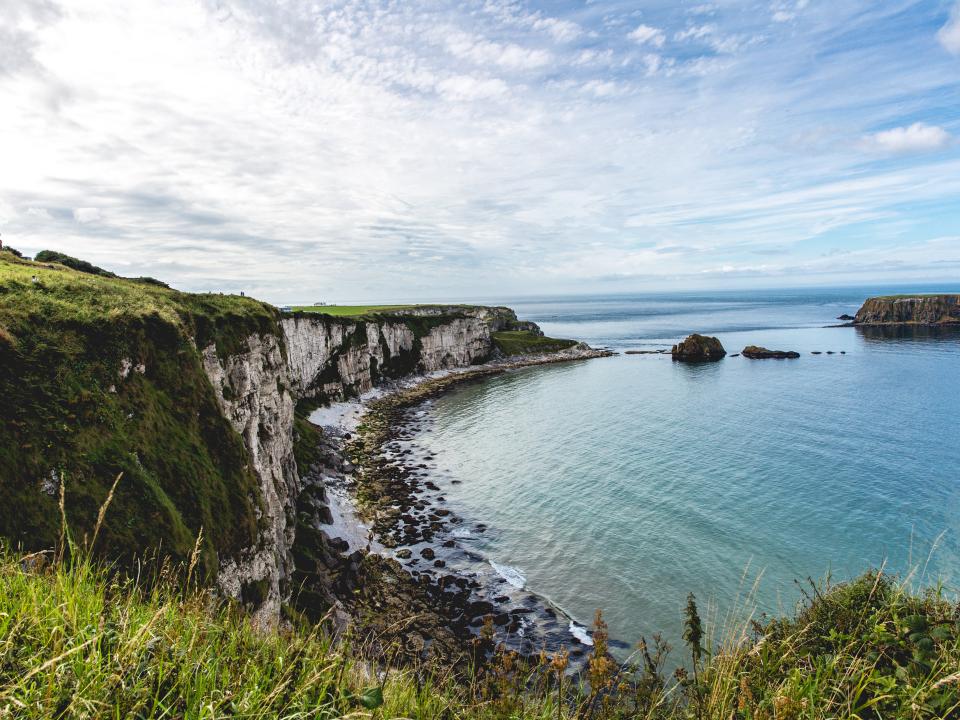Dr Salem Gharbia
ATU lecturer leads fight against coastal erosion with €10m project to safeguard cities by the sea
In the battle to mitigate the worst effects of climate change on the world’s coastal cities, Atlantic Technological University lecturer Dr Salem Gharbia is on the front line.
Dr Gharbia is the leader of SCORE (Smart Control of the Climate Resilience in European Coastal Cities), a €10million European Commission-funded project dedicated to futureproofing cities and coastlines against rising sea levels and extreme weather.
“We work in 10 coastal cities around Europe but our aim is to come up with integrated solutions that can be scaled up across more coastal cities around the world,” Dr Gharbia says of a project that counts Barcelona, Benidorm, Dublin, Gdansk, Massa and Sligo among its participating cities.
The critical element of SCORE is the Coastal Cities Living Lab, a scheme that brings together community groups, scientists and engineers, as well as local government representatives, to co-design solutions that fit each city’s individual climate-related challenge.
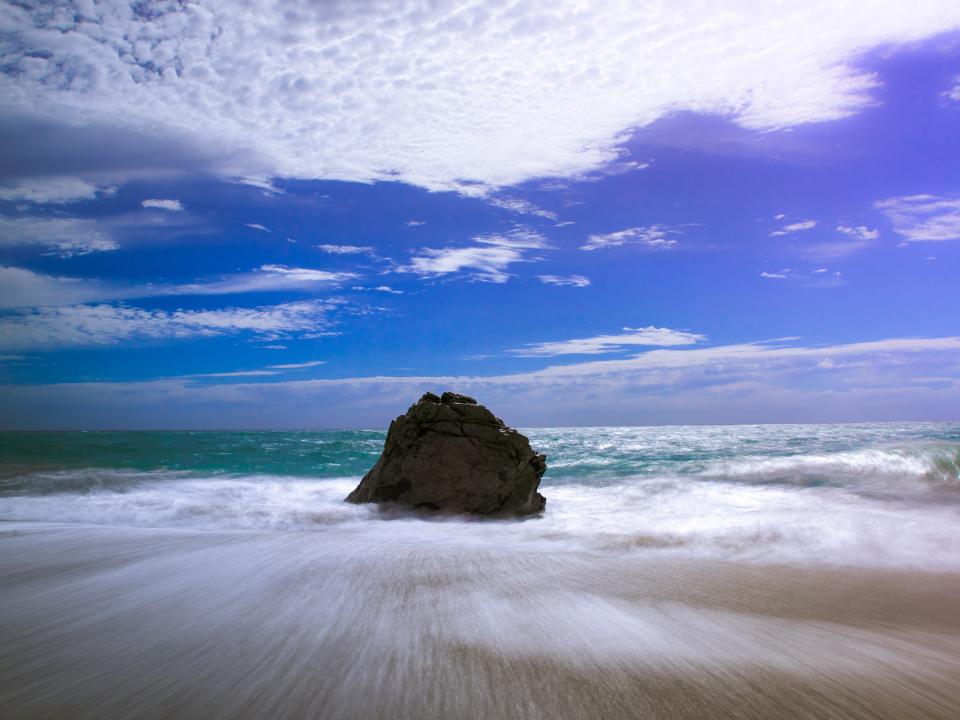
According to Dr Gharbia, this inclusive approach helps eliminate disruption caused by public objections to mitigation projects at the planning stage.
“We’ve found that if you don’t involve all stakeholders, the solutions will not be accepted. It’s a problem we have all the time with all the consultations we do. City councils show the project to local citizens, there are objections and then the project doesn’t go ahead,” he says.
“We came up with the Living Lab framework to allow citizens and stakeholders to get together to design the solution. When they come up with something, we feed the data into the digital platform which then works out the climate resilience of their plan and gives feedback.
“Our AI system will be learning a lot as we collect this data. We have 10 cities. If we manage to repeat this in all of them, we will have a network of cities that will learn from each other, which will reduce our number of mistakes overall – even more so as that network expands and the process is replicated.”
Coastal erosion is the most common problem facing sea-facing cities around the world. Dr Gharbia feels the two remaining elements to the SCORE project, namely providing ecosystem-based solutions to climate challenges, and developing digital technology tools that allow regular citizens to monitor their local environment, are vital to slowing coastal loss.
I’ve worked for a while with colleagues in GMIT on a project tracking micro-plastics in water. Without them, I wouldn’t be able to carry on with those activities
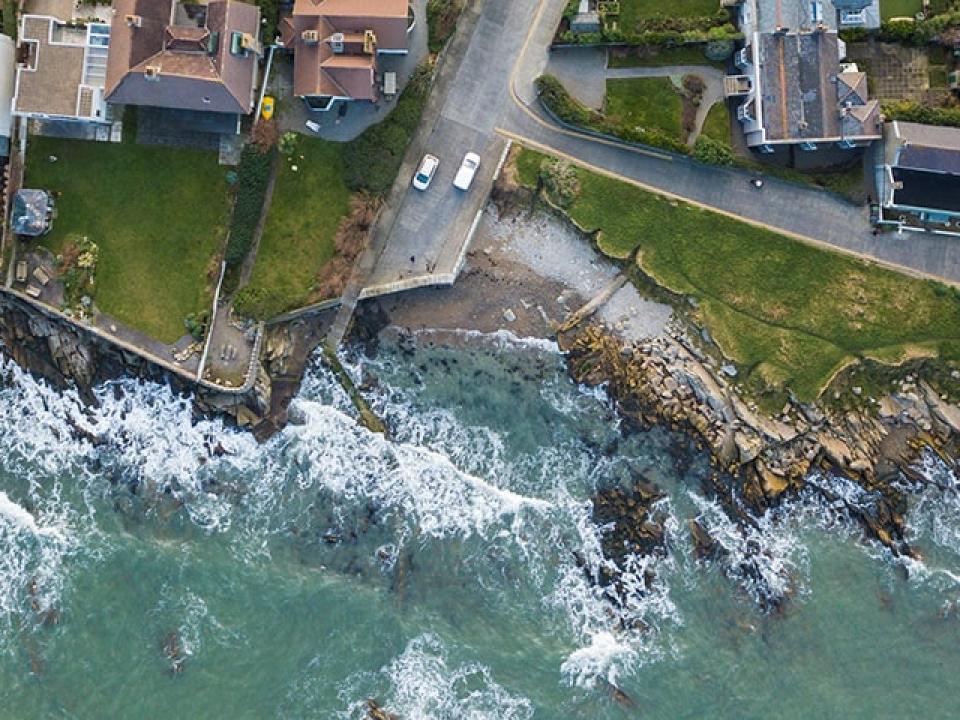
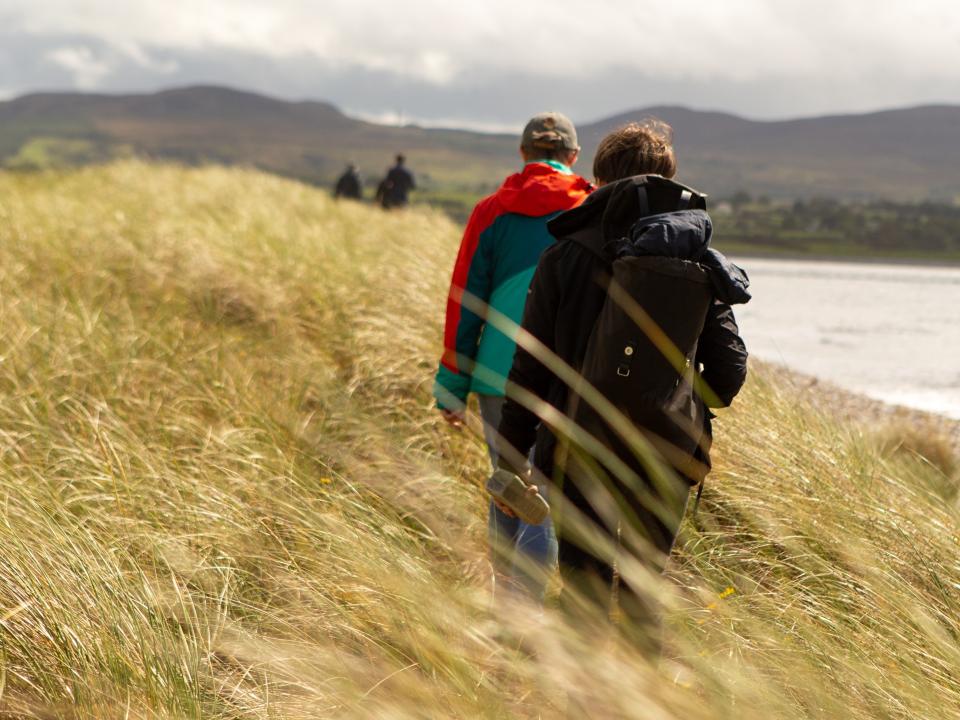
“In Sligo, as in other coastal cities, the ecosystem-based answer to coastal erosion is a combination of sand dunes and bio-engineered solutions in the sand dunes,” says Dr Gharbia.
“We’ll monitor those in conjunction the local community using technologies to measure temperature, wind speed, wind direction, sea level rise, and we’ll even use drones that measures the coastal line. We then feed these into a model which will then learn what’s happening. Then we can test different interventions before physically applying them on the beach.”
Dr Gharbia is excited that the ATU is bringing together the facilities and expertise of IT Sligo, Galway-Mayo Institute of Technology (GMIT) and Letterkenny Institute of Technology (LYIT), adding that the merger “will create plenty of opportunities” – even if his links to the previously disparate entities were already well established.
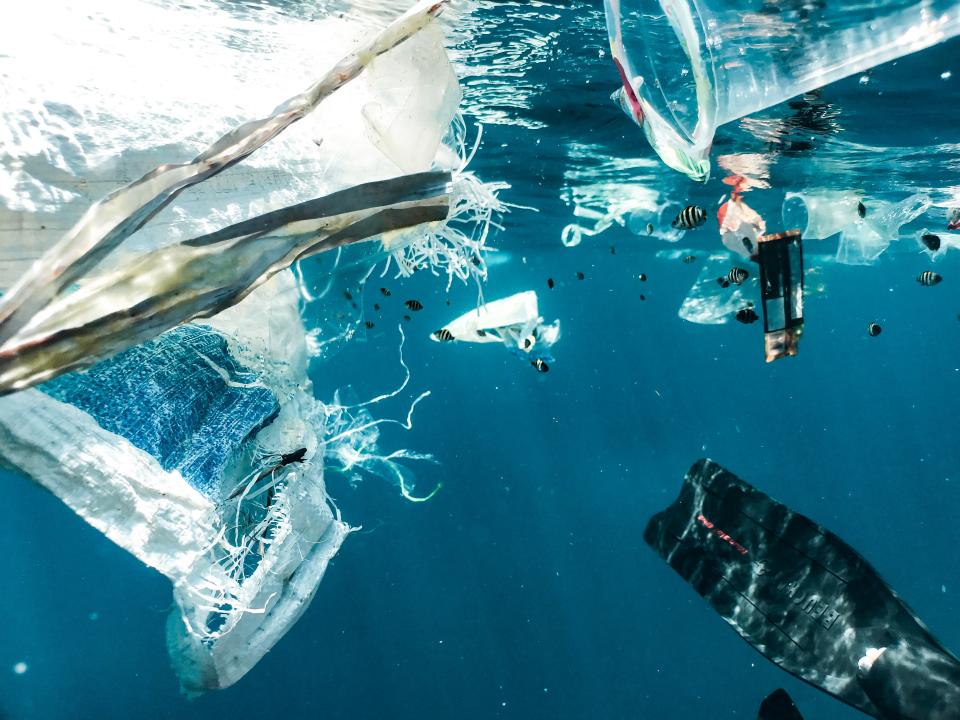
“I’ve worked for a while with colleagues in GMIT on a project tracking micro-plastics in water. Without them, I wouldn’t be able to carry on with those activities,” he says.
“But having the ATU will make our life easier. We’ll have colleagues who have established relationships with local governmental bodies in each of the cities. On the people side of things, the work we do is reliant on citizen scientists doing the monitoring in their local community. Having a base in four counties will mean that we can connect with local communities so much more easily and allow us to expand the network.
“And whatever we do to increase climate resilience and protect against extreme events, we’ll have to work with climate officers across all the county councils. Having a base in Galway, Mayo and Donegal, has us covered in that respect.”
